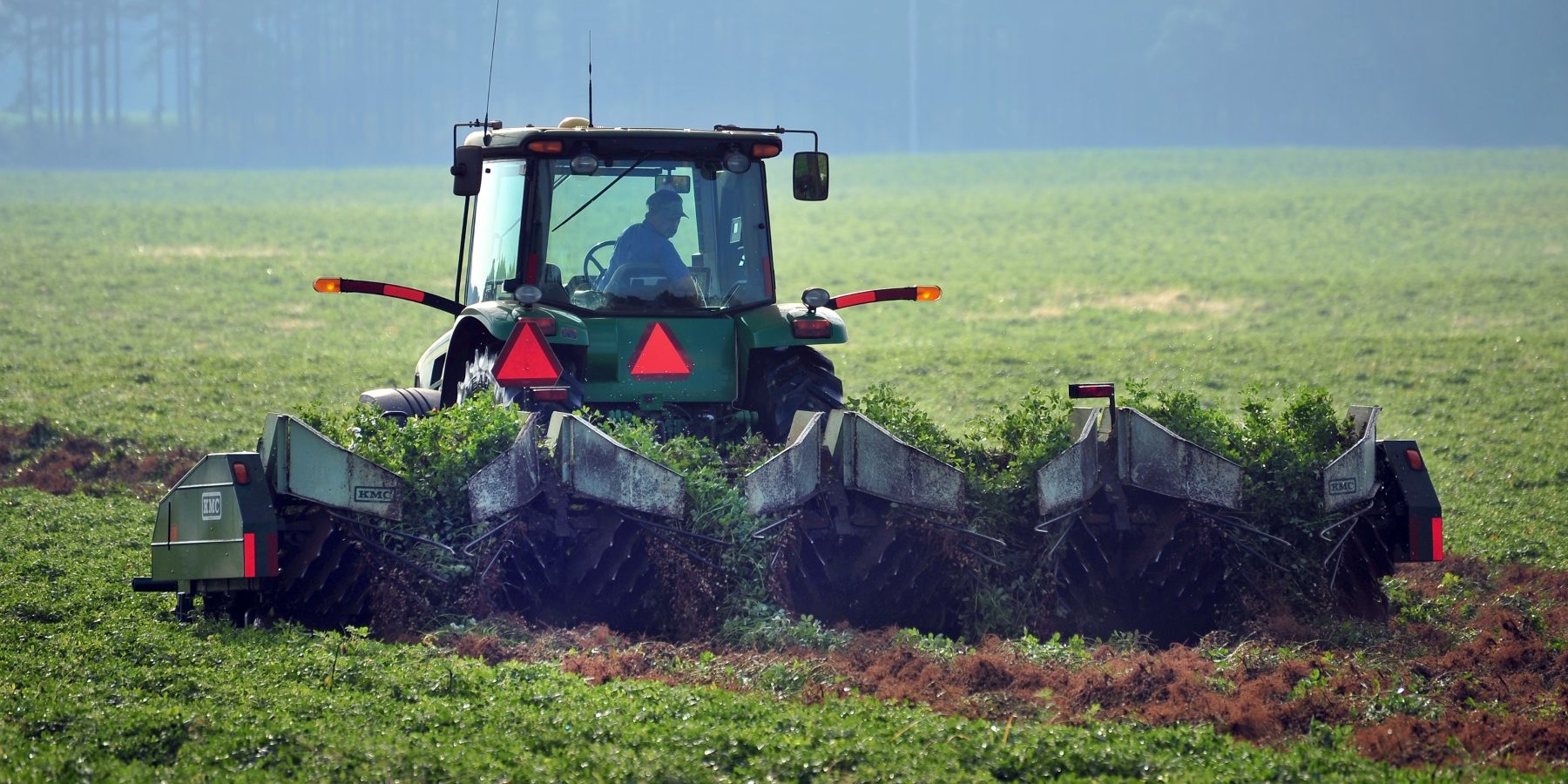Georgia Group Lays Out Climate Change Questions

The Georgia Climate Project wants to explore what climate change will mean for farmers.
Todd Stone / Associated Press file
A climate change project focused on Georgia has released its first major initiative: A list of questions on how climate change will affect the state and its people, and how to respond and adapt.
The Georgia Climate Project’s 40-question list covers water, energy, agriculture, public health and infrastructure, among others.
“It’s really 40 different ways of asking two things,” said Daniel Rochberg, chief strategy officer of Emory’s Climate at Emory initiative, and one of the leads on the project.
“Number one is, what does climate change mean for us here in Georgia? And number two, what do we do about it?”
The Georgia Climate Project aims to be a kind of information clearinghouse on climate change in the state. Universities, companies, agencies and non-profits are all involved.
Marilyn Brown, a professor at Georgia Tech’s school of policy said the list of questions can guide climate research and policy in Georgia.
“It is a road map,” she said. “A multi-institutional, trans-disciplinary road map.”
Now the group is figuring out what information is already out there to tackle the questions, and what research still needs to happen.
That’s as guidance – and money – from the federal level on climate change work have gotten scarce.
“I don’t see federal, state, local resources as being the dominant source of funding to accomplish this research agenda,” Brown said. “We’re looking to corporate America and the non-profit NGOs out there.”
Christina DeConcini, director of government affairs at the World Resources Institute, said there are a few other climate change collaborations around the country – led by counties, or by universities – but none quite like the Georgia Climate Project.
“As the federal government has stepped back so much in this space, it’s become ever more necessary for local folks to respond,” said DeConcini, who’s not involved in the program.
But this effort is not about filling any gaps, said Myriam Dormer, urban conservation director for the Nature Conservancy in Georgia.
“Everyone will be affected,” Dormer said. “We just have to find ways to help people and industry adapt.”
And the Georgia Climate Project is trying to stay apolitical.
“Our perspective is, there’s a lot of work to be done that is far away from the political discourse,” said Rochberg, who until last year also worked for the U.S. State Department on climate change. “It’s really about practical on-the-ground questions, practical on-the-ground information which can be beneficial to policymakers of any party, at any level of government.”
In some places in Georgia, that’s already happening. Take Tybee Island and St. Marys, which are planning for sea level rise.
“Here in coastal Georgia we have good robust conversations about sea level rise,” said Jennifer Kline, coastal hazards specialist with the Georgia Department of Natural Resources’ coastal resources division. “It’s something tangible that people see at least every year.”
Kline is working with the Georgia Climate Project. And the DNR has done its own climate work. A wildlife plan updated in 2015 includes climate change; the agency hosted a climate conference in 2016; and Kline said the DNR is also looking at how sea level rise will affect state parks. (Last week, the National Park Service released a report on sea level rise at its sites.)
The list of questions, published Wednesday in the journal Environmental Management, is the first step from the year-old program.







